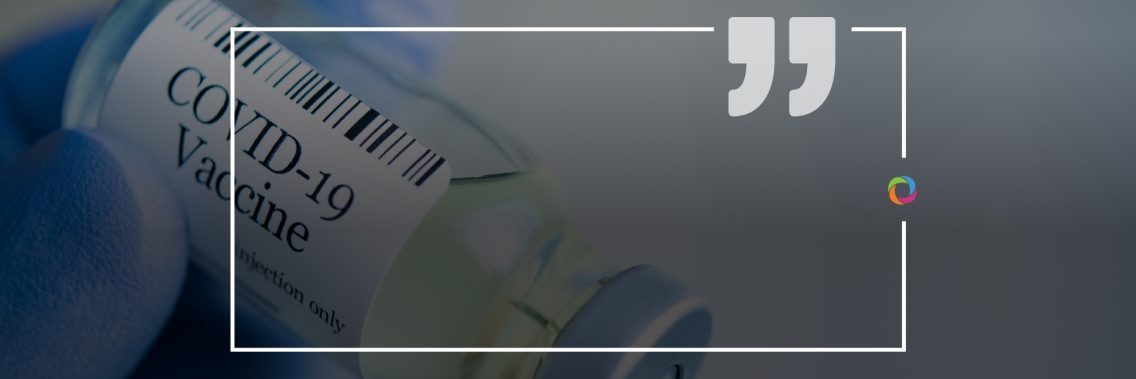Since the beginning of the COVID-19 pandemic, the world has been waiting for a vaccine to end the nightmare. The “miracle” was announced in December 2020 with Great Britain being the first country to authorize the Pfizer-BioNTech vaccine. Meanwhile, at least 90% of people in 67 low-income countries stand little chance of being vaccinated against COVID-19 in 2021 because wealthy nations have reserved more than they need according to the People’s Vaccine Alliance which includes Amnesty International, Frontline AIDS, Global Justice Now, and Oxfam. We have discussed this topic with several international consultants. Check their opinions below.
Will poorer countries experience delayed access to vaccinations?

“What we are seeing in the world in January 2021, as reported by Amnesty International, is that rich countries have made panic purchases of the available COVID vaccines leading to some such as the UK and Canada to allegedly have access to more vaccines that they will need for their entire population. This action, conducted through fear, is affecting the access to vaccines for less developed countries.”

“The poorest countries have not financed the research for the vaccine and therefore will not have equal access to them among the rich countries. The vaccines were patented under the control of the countries that have enough doses to serve their citizens in the first place. When these countries have achieved the necessary doses, the spread of the vaccines might go further. A country like mine, Haiti, will be among the last to receive doses. Even when this does happen, a major question is who can afford the vaccines unless some international organizations come in to help.”

“Yes, they will. Unless, WHO, the World Bank and the UN intervene.”
What are the greatest consequences should there be a delay?

“What is more worrisome is that this hoarding of vaccines will have effects not just in the present time but in the future too, since some countries have made purchase agreements to buy more vaccines than they need.”

“The consequences mean a higher percentage of COVID-19 cases and the spreading of the virus in the long run. There might be a higher rate of deaths in the poor countries and they could be banned from traveling, as a restriction placed by the rich countries in order to safeguard their own populations.”

“The immediate consequences will be a large number of deaths followed by economic turmoil.”
Are vaccine manufacturers putting profits before public health?

“The COVID vaccine issue is a very delicate one which I think should be supervised by a multinational entity since it is not just linked to healthcare but also to economic growth and economic opportunities.”

“Most vaccine manufacturers do put profits before public health unless they are operating within a framework targeted by NGOs (the Gates Foundation) and some international organizations (WHO).”
What actions should be taken to achieve equal distribution?

“Something that I hope we have learned from the pandemic is that one’s own health is not a completely isolated issue from the health of others. This remains true for all countries, especially in an integrated world like we have today.”

“Equal distribution should be a priority. The vaccines should become affordable as demand is high. The necessary action should be to recover a quantity of doses from those who hold the stock and negotiate with the big volume buyers.”

“Equitable, not equal, would be a better expression. A better understanding of symptoms and the establishment of effective remedies/solutions would be a good start.”
Check more than 500 job opportunities in the health sector here.

